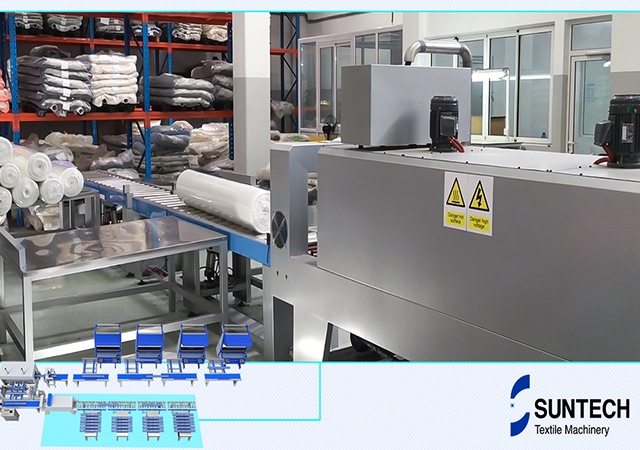In recent years, the fashion industry has come under scrutiny for its environmental impact and labor practices. Fast fashion, characterized by its rapid production cycles, low-cost products, and disposable nature, is at the heart of this controversy. As the world grapples with climate change and ethical consumption, the idea of implementing a fast-fashion tax has gained traction. This tax aims to curb the growth of fast fashion and promote a more sustainable textile industry. While such a measure presents challenges, it also offers a promising pathway towards a more responsible and environmentally friendly fashion sector.
Understanding Fast Fashion and Its Impact
Fast fashion brands like Zara, H&M, and Shein have revolutionized the fashion industry by making trendy clothes accessible at a fraction of traditional costs. However, this affordability comes at a significant price to the environment and society. The fast fashion model relies on quick turnarounds, leading to excessive resource use, waste generation, and carbon emissions. According to the Ellen MacArthur Foundation, the fashion industry produces 10% of global carbon emissions and is the second-largest consumer of the world's water supply.
Moreover, the social impact cannot be ignored. Many fast fashion garments are produced in developing countries where labor laws are lax, leading to poor working conditions and unfair wages. The collapse of the Rana Plaza factory in Bangladesh in 2013, which killed over 1,100 workers, highlighted the dire consequences of these practices.
The Case for a Fast-Fashion Tax
A fast-fashion tax aims to address these issues by disincentivizing the production and consumption of cheap, disposable clothing. The concept is similar to other environmental taxes, such as those on plastic bags or carbon emissions, which have proven effective in changing consumer behavior and encouraging industry innovation.
Encouraging Sustainable Practices: By taxing fast fashion items, governments can make sustainable and ethically produced clothing more competitive. This shift could incentivize companies to invest in eco-friendly materials, fair labor practices, and longer-lasting products.
Reducing Waste: Fast fashion is notorious for its wastefulness, with many items worn only a few times before being discarded. A tax could discourage this throwaway culture, encouraging consumers to buy fewer, higher-quality items that they will keep for longer.
Funding Environmental Initiatives: Revenue generated from the tax could be allocated to environmental and social initiatives, such as cleaning up textile waste, supporting sustainable fashion startups, and improving conditions in garment factories worldwide.
Raising Awareness: Implementing a fast-fashion tax would also raise public awareness about the hidden costs of cheap clothing. It could spark conversations and drive demand for more information on sustainable fashion choices.

Challenges and Considerations
While the benefits are clear, implementing a fast-fashion tax is not without challenges.
Defining Criteria: Establishing clear criteria for what constitutes fast fashion and determining appropriate tax rates would be complex. Policymakers would need to consider factors such as production volume, material usage, and supply chain practices.
Economic Impact: The tax could impact low-income consumers who rely on affordable clothing options. To mitigate this, governments could introduce subsidies or vouchers for sustainable fashion items or invest in second-hand and clothing rental services.
Global Coordination: Fast fashion is a global industry, and unilateral tax measures could push production to countries with less stringent regulations. International cooperation and consistent standards would be essential to ensure the tax's effectiveness.
Corporate Resistance: Fashion giants are likely to resist such a tax, lobbying against it and finding loopholes. Strong regulatory frameworks and enforcement mechanisms would be necessary to counteract this resistance.
Moving Forward
Despite these challenges, the potential benefits of a fast-fashion tax make it a compelling proposal. To move forward, governments, industry stakeholders, and consumers must work together. Policymakers should engage with fashion brands to develop realistic and effective tax frameworks, while also educating the public on the importance of sustainable fashion.
In parallel, the fashion industry must continue to innovate, finding ways to produce stylish, affordable, and sustainable clothing. Consumers, too, play a crucial role by making conscious purchasing decisions and supporting brands that prioritize ethics and sustainability.
Throughout our journey, SUNTECH Textile Machinery has remained unwavering in our commitment to technological innovation. We continuously strive to provide customers with AI Visual Inspection & Automated Packing Machine solutions, and Automated Material Handling & Storage Solutions positioning ourselves as specialists in delivering cutting-edge technology for modern textile mills.




